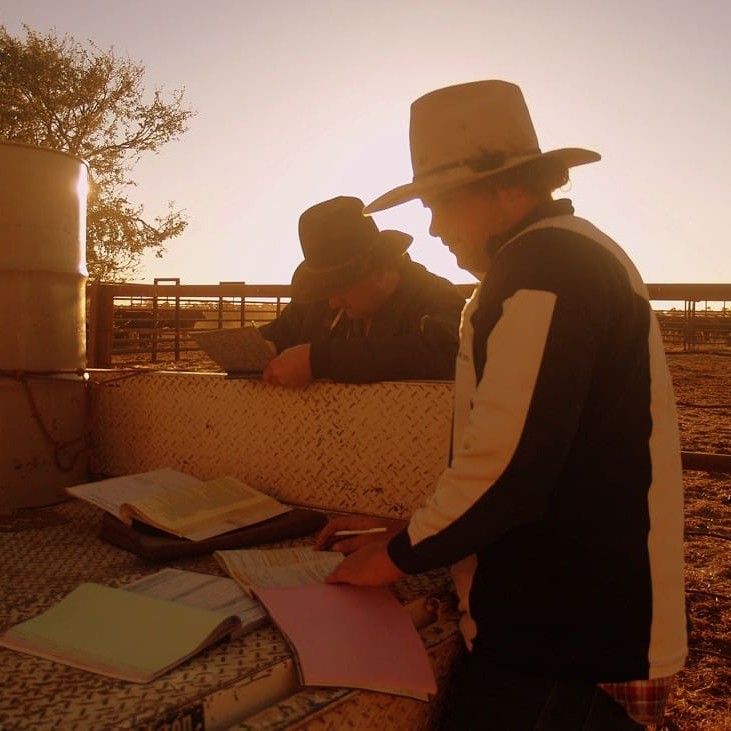Latest listings on Jobs Central recruitment page:
- Livestock Biosecurity Network – National Manager
- Assistant feedlot manager – Charlton feedlot
- Policy Director – Cattle Council of Australia
- Working manager – O'Brien Cattle and Land Co
- Stockperson – Elders Charlton feedlot
- Grazing Best Practice Management coordinator
Click here to access full Jobs Central listings
 Want committed employees who are in for the long haul?
Want committed employees who are in for the long haul?
It is the aspiration of every company or employer, and there are ways to turn it into reality.
Committed staff care about the company they work for overall, not just themselves or their pay-checks, and it will show through in their work.
Perhaps it is the willingness to put in longer hours or work over the weekend to ensure a project is completed, or sharing a task when their other team members are absent to ensure that operations still run smoothly.
Most importantly, commitment can equate to longevity within an organisation, benefiting both your company and the staffmember.
Longevity is like a legacy; it builds reputation as people take note that your company has staff who have stuck with you for many years.
Longevity can appeal to future job seekers because they will see the company as a respected organisation with a strong company culture.
Your employees have chosen to stay there for a reason – whether it is future career prospects, the opportunity to learn, the rewarding nature of the job, or perhaps they are drawn to your organisation’s charismatic, knowledgeable or experienced leader.
While it is common these days for an individual to change jobs once a year, longevity still speaks volumes.
So, with the trends evident towards what can be a more transient workforce, what can be done to ensure that you hire people who are committed to your business in the long term?
Here are four tips to evaluate a potential employee’s long-term plans in relation to your business:
Motivation
This is arguably the most important area to look at when determining a prospective employee’s long-term commitment to your organisation. The reason(s) behind why an individual is seeking employment with your company will tell you a lot. Is he or she trying to advance their career within the industry? Or does the candidate simply need a job and your company was the first to respond? By unveiling motivations, you are able to weed-out those who desire to work for reasons other than fully developing and growing him/herself and the company in the future.
Historical trends
Past work experience will also reveal an applicant’s motives. Look at the places an individual has worked. Did he or she move around a lot? Are the applicant’s previous positions all in the same industry as your company, or has he or she bounced around from field to field? Assessing whether or not an individual’s track record aligns with his or her reasoning (the individual provides) for wanting to work in your company will show if the candidate is in for the long term. If the person’s resume shows jobs in various industries for short lengths of time (especially multiple jobs in one year), this may be a red flag.
Rewards and remuneration
Salary and benefits are important because jobs are not just about building yourself professionally, but being formally rewarded for the work you do. Take note of applicants who immediately discuss remuneration. Many workers who are fully committed to a job are willing to sacrifice certain things. For example, common low paying jobs (especially entry level) like teaching or the arts have people who continue to work in these fields because they are passionate about what they do. Money is important but it’s not the sole reason they’re working in that position.
Goals, goals, goals!!
Does your applicant’s goals align with that of your company’s? Does he or she display the drive and enthusiasm that is so evident in the culture of your long-term employees? This is a crucial area to look at when trying to uncover if an applicant will stay long-term or not. If you see from the beginning that your open position really doesn’t relate to what the applicant is trying to accomplish in the future, it may be best for the company and your applicant if you do not further the relationship.
